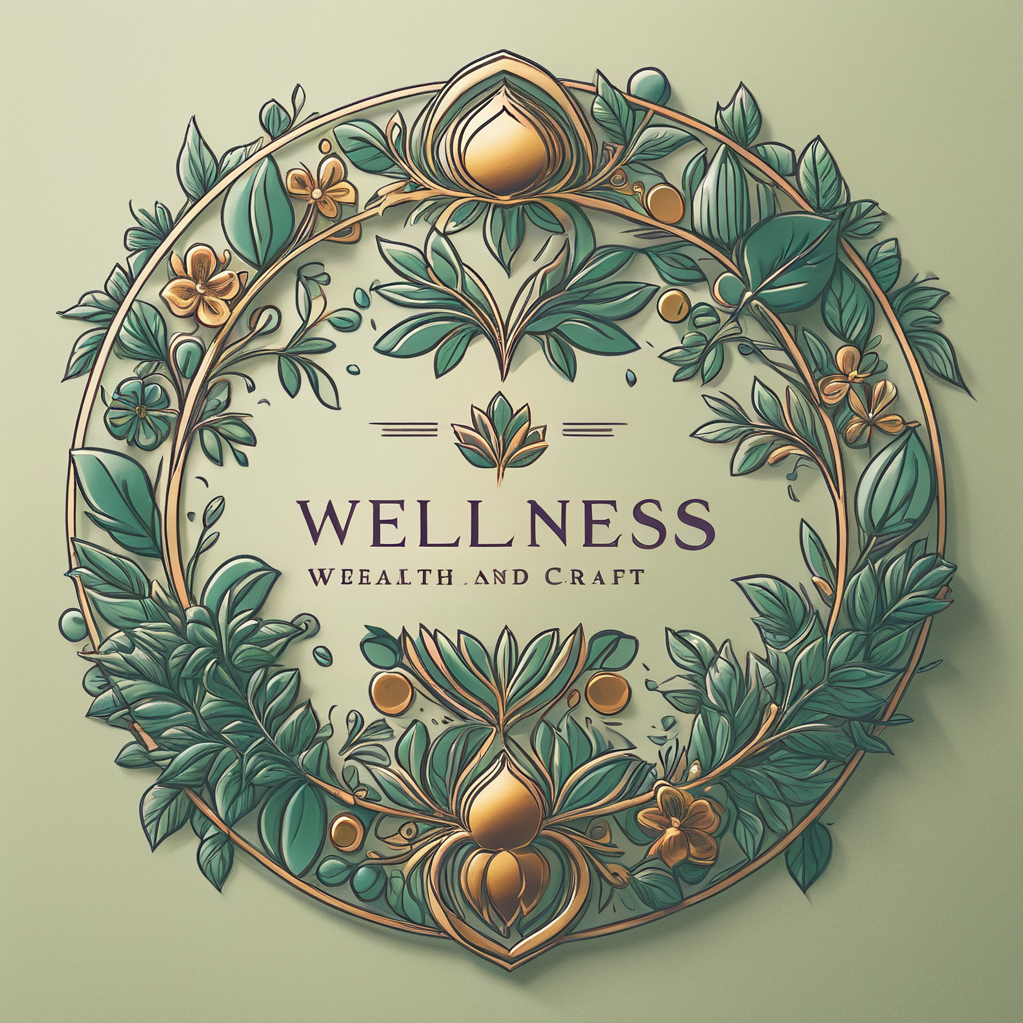We’ve all heard the saying, “All you need is love.” But in my years of relationship coaching, I’ve learned an important truth: love alone isn’t enough to sustain a long-term, dating-bootcamp/”>committed relationship.
To build and maintain a healthy partnership, we need more than just feelings of love. We need skills. Here are some crucial ones:
- Emotional Regulation: The ability to manage your emotions during stressful times. This means knowing how to emotionally regulate when triggered instead of stonewalling, punishing or attacking
- Conflict Resolution: Being able to repair after arguments, even if it means setting aside your ego and apologizing.
- Nurturing Intimacy: Understanding that intimacy in a long term relationship does not run on auto-pilot, and requires proactive effort to create connection both physically and emotionally.
- Communication: Expressing needs and limits in a constructive way
These skills don’t come naturally to most of us. They require learning, practice, and often unlearning unhealthy patterns we’ve picked up along the way. The good news is that we can dating-coach/”>develop these skills while in a relationship. The not-so-good news is that this requires both partners to be mutually invested in growing and learning.
However, if only one partner is carrying the emotional labor, initiating conflict repair, and working to improve relational skills while the other takes a back seat, the relationship is headed for trouble. When someone constantly walks on eggshells to avoid triggering their partner’s anger or withdrawal, they end up neglecting their own needs, creating an unsustainable and unhealthy dynamic.
Simply put, you can’t be the glue that holds the relationship together on your own.
Here are some signs you might be in this situation:
- You’re always doing mental gymnastics before addressing any relationship issue.
- Your needs are consistently deprioritized.
- You find yourself over-accommodating to meet your partner’s needs, while yours take a backseat.
- You overcompensate for your partner’s lack of effort.
- If you stopped pushing for connection, affection, or intimacy, there would be none.
- You’re the only one actively working on improving the relationship.
There’s a fine line where loving someone else starts to mean sacrificing the love you have for yourself.
At first, it’s a subtle shift—small compromises, little silences, tiny surrenders of your own desires. But over time, these accumulate into a mountain of self-neglect and resentment. Eventually, you might not even recognize yourself, as staying in the relationship erodes your sense of self-worth.
That’s when it’s time to make a change.
You need to assess whether your partner is truly willing to invest in the relationship—and if they have the capacity to do so. Intention alone cannot heal decades of trauma; it often requires professional help, a genuine commitment to change, and a willingness to prioritize self-work. But here’s the painful truth:
Just because someone loves you doesn’t mean they have the capacity or ability to be in a committed relationship with you.
This realization isn’t about giving up on love; it’s about recognizing that true love—both for yourself and for your partner—sometimes means letting go. A healthy relationship requires mutual effort, respect, and growth. This cannot be one-sided.
Here’s something to reflect on:
If you were in the exact same position 1 year from now today, how would you feel? How about 5 years from now?
What is the first thing you need to take action on, to ensure you do not end up in that situation?
Related
love-is-not-enough-when-youre-the-only-one-fighting-for-your-relationship/”>Source link



